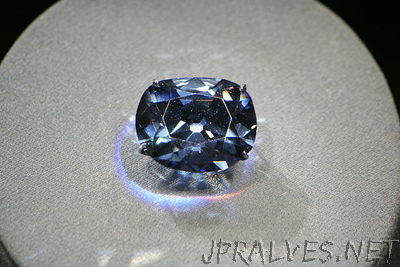
“One of the more exciting things happening in physics at the moment is the development of quantum computers that may actually be able to do something useful. But, as we get closer to that glorious day, one of the big questions remaining is: what type of basic technology should be used as the basis for quantum computers? We know from our experience with classical computers that whatever technology wins is going to dominate for a long time. For instance, even though silicon-based integrated circuits were known to be worse than their germanium-based equivalent, silicon won for engineering reasons. Ever since, other semiconductor materials have remained niche, despite continued development. And they’ll likely stay niche until silicon is tapped out. The decision on silicon is ancient history, and the consequences are set. But with quantum computers, we haven’t reached such a decision point yet. As such, a bazillion ideas are competing, and we get to sit on the sidelines and cheer the players on.”
